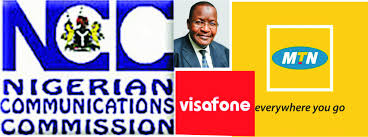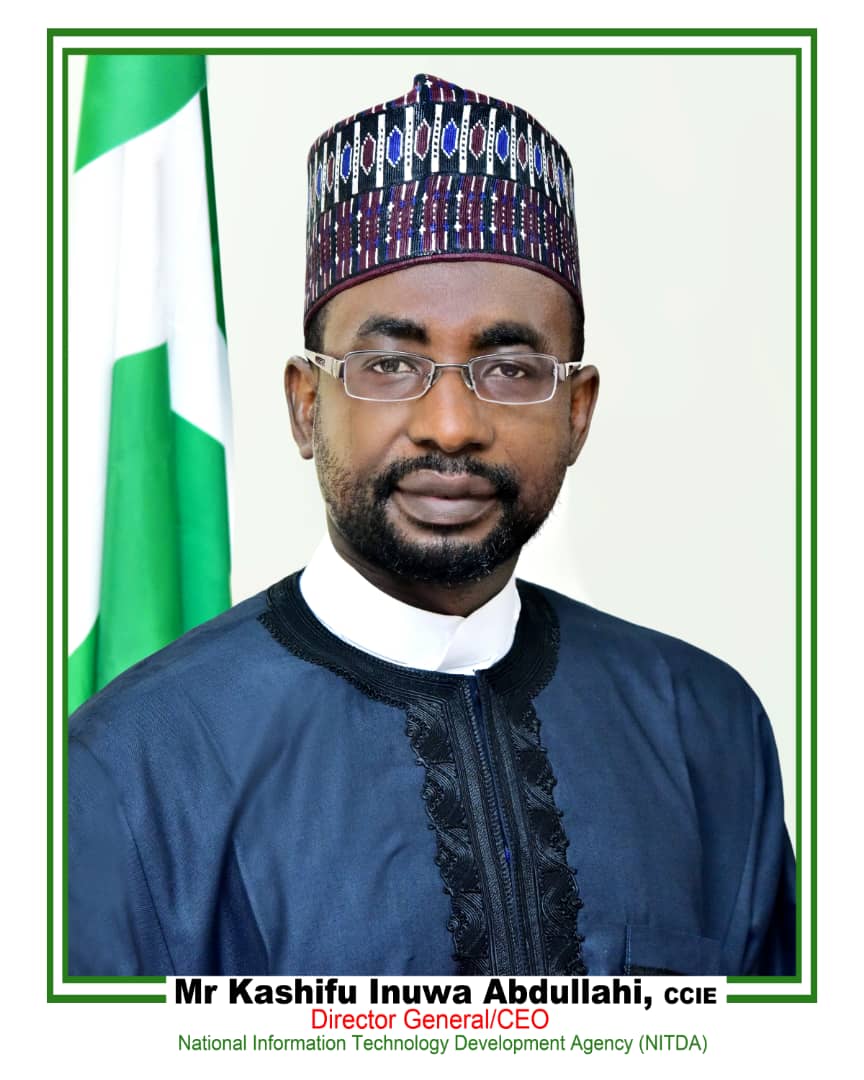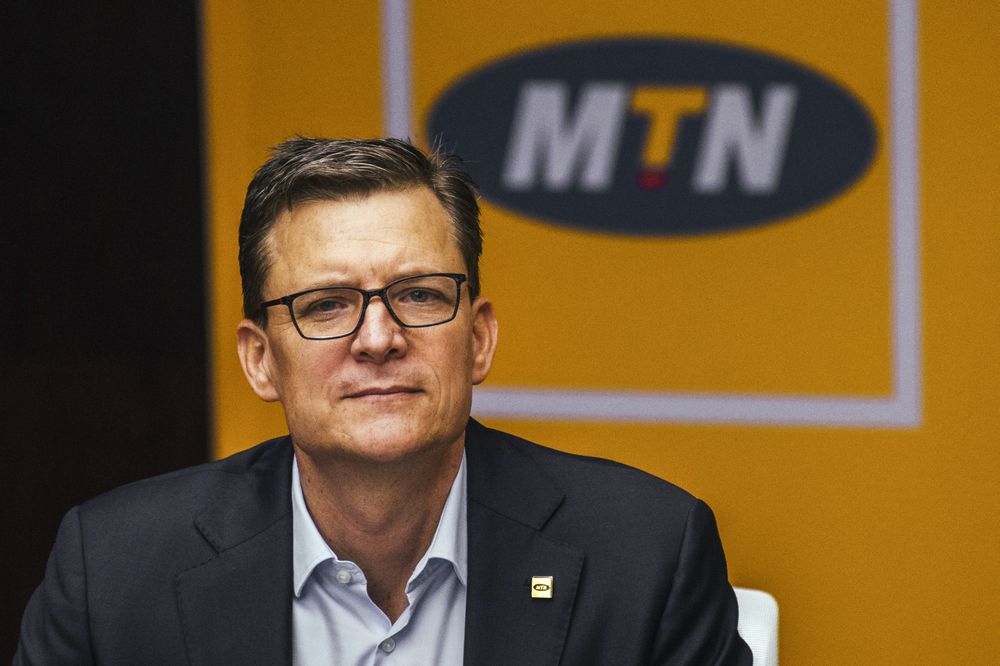Contrary to reports that internet and broadband access was hobbled last year by income squeeze, Broadband penetration in Nigeria rose from 14 percent in August last year to 20.95 percent at the end of 2016.
This was the revelation of the Executive Vice Chairman of the Nigerian Communications Commission (NCC), Prof. Umar Danbatta in his lecture delivered last week at the University of Nigeria, Nsukka in Enugu State.
Relying on statistics of the United Nations Educational, Scientific and Cultural Organization’s (UNESCO) Broadband Commission in a lecture, he said the present figure is getting close to the 30 per cent penetration required by the country in 2018 as prescribed in the National Broadband Plan.
Danbatta said “Nigeria’s Broadband penetration now stands at 20.95 per cent as at the end of 2016 according to the UNESCO Broadband Commission. This is close to the 30 per cent penetration required by the 2018 as prescribed in the National Broadband Plan”.
While linking the increase to the timely and comprehensive interventions and regulatory efforts of the Commission, which forced it from 8 percent in 2015 to the 20.95 percent penetration in 2016, NCC boss said “The Commission has licenced two Infrastructure Companies (INFRACOS) for Lagos in the South West and North Central regions of Nigeria and has commenced the process to licence other companies for the other geopolitical zones (South West, South East, South-South, North West and North East) of Nigeria”.
Danbatta said the licensing of several ICT infrastructure companies to provide broadband infrastructure and the opening up of other Spectrum resources to support broadband deployment for the 3G and 4G networks did the magic and will do more to beat the set target by 2018.
It would recalled that Infracos are currently providing fibre optic infrastructure on the basis of an Open Access Model for any telecommunications company to deploy its network and expand to host broadband services.
Giving further insights in his lecture titled; ‘The role of ICT Infrastructure in Tertiary Education in Nigeria – NCC interventions’, the EVC noted that the Commission has issued the 2.3GHz and 2.6GHz spectrum licences to provide the operating companies spectrum resources for improved quality of service, adding that NCC has consulted with stakeholders in order to commence a Spectrum Trading regime in Nigeria for improved spectrum utilisation and efficiency.









